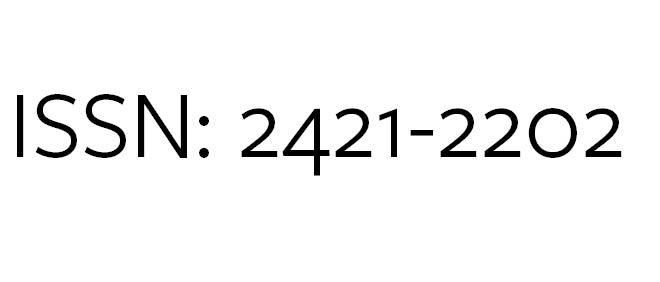Studyholism and Study Engagement in relation to the consequences of the Covid-19 pandemic on studying
Yura Loscalzo, Costanza Ramazzotti, Marco Giannini
The Covid-19 pandemic required the adoption of government measures to contain the spread of the virus, including the closure of universities. This quali-quantitative pilot study aims to analyse, in a sample of 202 Italian university students (Mage = 24.60±5.50), whether the health emergency provoked positive and negative (as well as neutral) effects on studying, and if the level of Studyholism (study obsession) and Study Engagement (pleasure/motivation towards studying) differs based on the presence/absence of these effects. The results showed that almost all the students experienced negative effects (83.70%) on studying, while 47.59% of the participants also had positive effects. Furthermore, a minority reported neutral effects (10.40%). Finally, those who reported negative effects have higher levels of Studyholism than those who did not report them; furthermore, those who reported positive effects have lower levels of Studyholism. No differences emerged in the levels of Study Engagement. In conclusion, this study suggests the importance of implementing counseling interventions, also in group and online formats, aimed at enhancing students’ resources when faced with stressful situations and at reducing Studyholism.
Keywords
Covid-19, Study, Studyholism, Study addiction, Study engagement.



